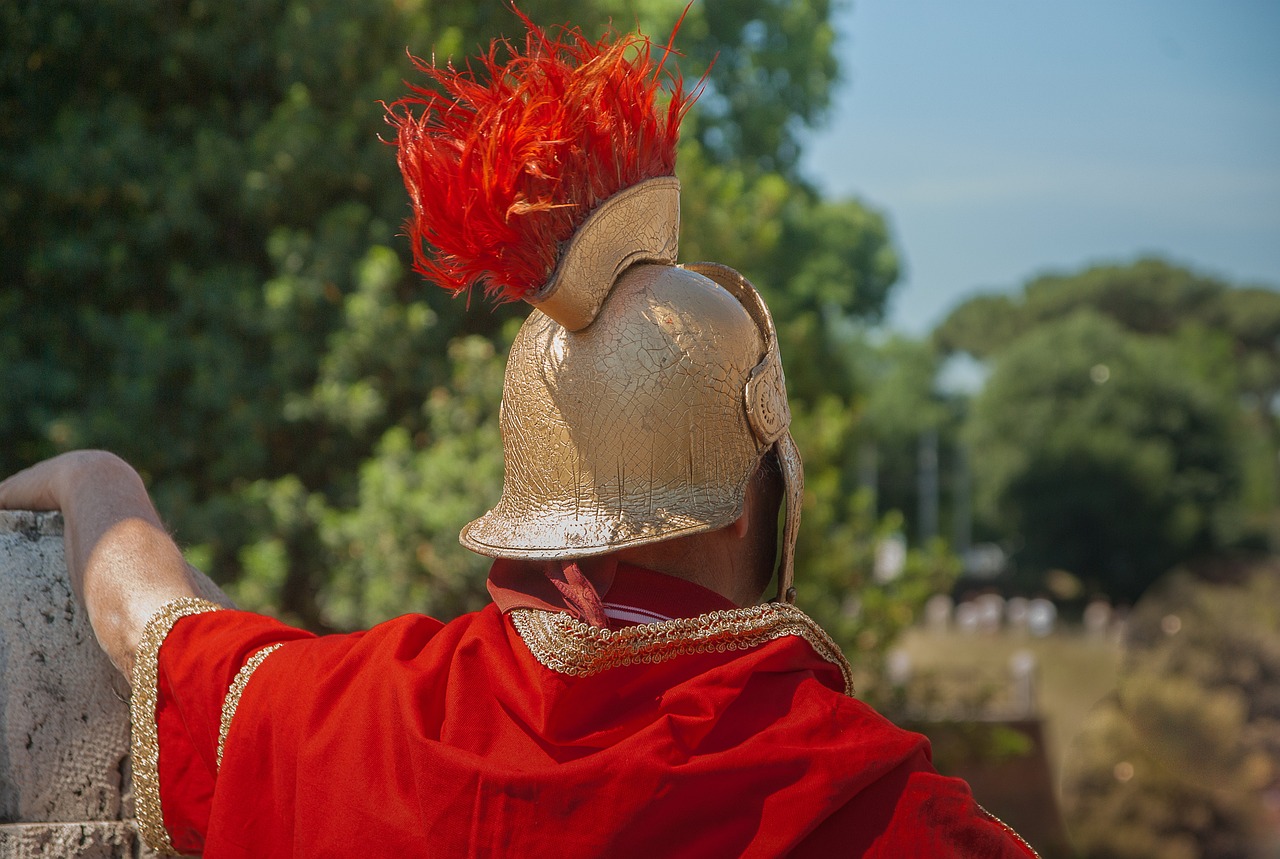Roman Religion: An Overview of Beliefs and Practices
Roman religion encompasses the beliefs and rituals practiced by the inhabitants of the Italian peninsula from antiquity until Christianity’s rise in the 4th century CE, a period often referred to as Classical antiquity. The Roman orator Cicero noted that Romans held a unique understanding of their world, recognizing that all things fall under the dominion of the gods. Unlike divine grace, Roman spirituality relied heavily on a mutual trust (fides) between humanity and the divine. The purpose of their religious practices was to gain the favor, collaboration, and peace of the gods, referred to as “pax deorum.” This divine assistance, they believed, enabled them to navigate the unpredictable forces of existence—often characterized by awe and trepidation—which were encapsulated in the term religio. This belief system created a framework of rules, known as jus divinum or “divine law,” which guided their actions, emphasizing the significance of ritual performance over morality.
The focus of Roman spirituality revolved around certain cultic acts that were imbued with a patriotic sense of sanctity. This meticulous adherence to rituals was deeply conservative, allowing glimpses of ancient thought beneath layers of later developments, which starkly contrasts with Greek religion, where earlier beliefs are often obscured. The Romans, more methodical and legalistic than the Greeks, retained many traditional practices, hesitating to evolve or reinterpret their spiritual narratives. It was not until Greek influence permeated their culture that Romans began to personify deities or develop rich mythological narratives. In fact, one might argue that true Roman mythology is minimal. Archaeological discoveries, particularly in Etruria, reveal that the Italians did possess a semblance of myth but were not as rich in this aspect as their Greek counterparts.
Interestingly, Roman religion lacked a formalized creed; any Roman could interpret their relationship with the divine as they saw fit, as long as they performed the required rituals. This flexibility often led to a dismissal of emotional expressions within worship. Despite this apparent accessibility, reconstructing the history and development of Roman religious practices proves challenging due to the limited surviving sources. The primary literary accounts from antiquarians like Varro and Verrius Flaccus were penned centuries after Rome’s establishment, influenced heavily by Greek traditions and, as such, muddled the understanding of earlier practices. Scholars often turn to remnants of religious calendars, inscriptions, and artistic works to deepen their insights into the complexities of Roman spirituality.
Early Roman Religious Practices
The early epochs of Roman religion draw primarily from archaeological evidence, but this alone does not provide a complete picture. Findings suggest that in the early 1st millennium BCE, Latin and Sabine farmers and shepherds migrated from the Alban and Sabine Hills, establishing settlements that eventually conflated to form Rome. By around 620 BCE, these communities had united, and by 575 BCE, the Forum Romanum emerged as their central hub for governance and commerce.
Among early Romans, like their Italian neighbors, there was a tendency to perceive the divine as intertwining with tangible human actions and natural phenomena. They often revered deities connected to everyday tasks and occurrences, such as childbirth or the shifting seasons. This notion of divinity gave rise to a multitude of specific deities, each corresponding to unique life’s phases and events—illustrating a phenomenon akin to “religious atomism.” The naming of these deities was essential, as invoking the correct title was believed to invite favorable attention from the divine. If their names were unknown, the Romans cautiously employed general titles or referred to them as “unknown” to encompass all possibilities.
In summary, the religion of ancient Rome was intricately woven into the fabric of daily life, defined by a ritualistic adherence to custom and a recognition of divine forces that influenced their existence.



